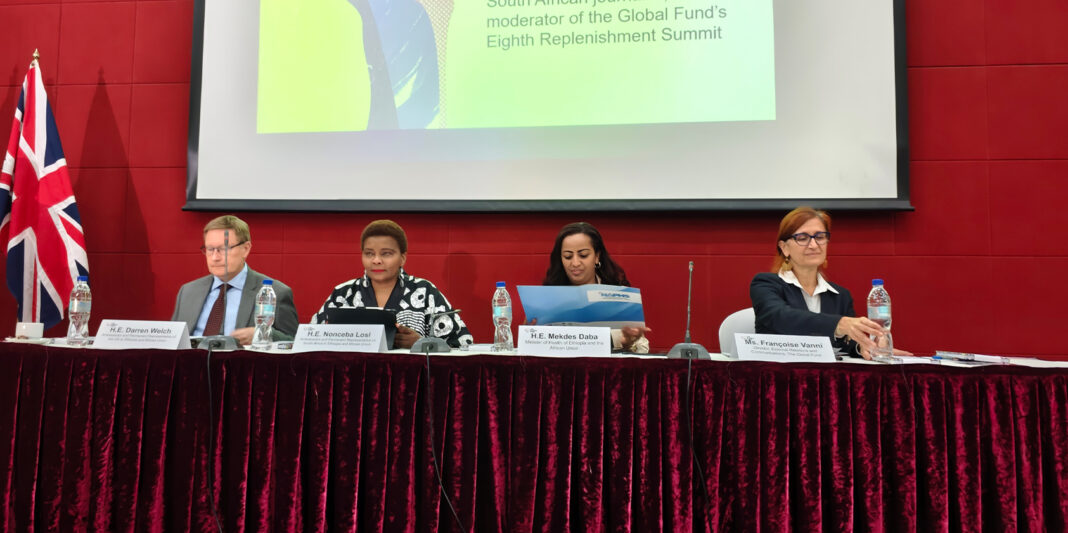An official audit report has revealed critical financial management issues within The Ministry of Finance, including the collection of over 15.1 billion birr in revenue that was not registered in the approved 2023/24 budget, and the accumulation of billions of birr in unresolved historical debt.
The report, issued by the Office of the Federal Auditor General (OFAG) under Meseret Damte’s leadership, highlights that the Ministry of Finance collected substantial off-budget revenues, contravening the Financial Governance Proclamation (Proclamation No. 648/2001), which mandates that all revenues expected during the fiscal year be included in the annual budget for legislative oversight.
This unauthorized revenue collection raises serious questions about transparency and accountability in public financial practices, representing a significant regulatory breach.
Furthermore, the audit documents the lingering problem of accumulated debts linked to the privatization of former state-owned enterprises. The total unpaid debt exceeds 3.09 billion birr, with 2.88 billion birr attributed to the unpaid sale balances of eleven privatized institutions—five of which carry “dead debts” unpaid for over a decade.
Additional financial concerns include delayed payments totaling 2.35 billion birr spanning five to ten years, unpaid dividends such as 70.1 million birr from Guinness Overseas Holdings, and a 44.4 million birr loan to Ethiopian Business Works Corporation overdue for more than ten years.
Chronic financial shortages amounting to over 6.3 million birr were reported across 29 budgetary institutions, with Addis Ababa Airport’s Customs Commission branch experiencing a tenfold increase in shortages, signifying a worsening trend.
The audit also uncovered discrepancies exceeding 8 billion birr between Treasury bill reports and recorded government consolidated accounts, raising doubts on the accuracy of debt registration.
Compounding these issues is a systemic failure to report grant funds from international donors within the Integrated Budget and Expenditure System (IBEX), compromising the completeness of national financial statements and hindering external audit verification.
The Auditor General’s office warns that these systemic regulatory failures could severely undermine public finance integrity if unaddressed.
The OFAG has urged the government to undertake fundamental reforms to halt financial misconduct, address long-neglected debts, and comply fully with established financial management frameworks.







